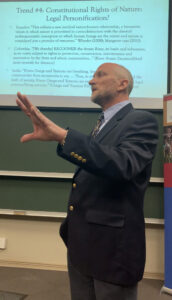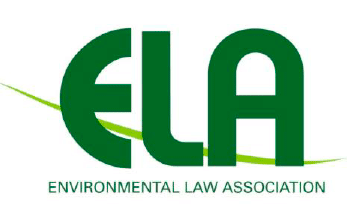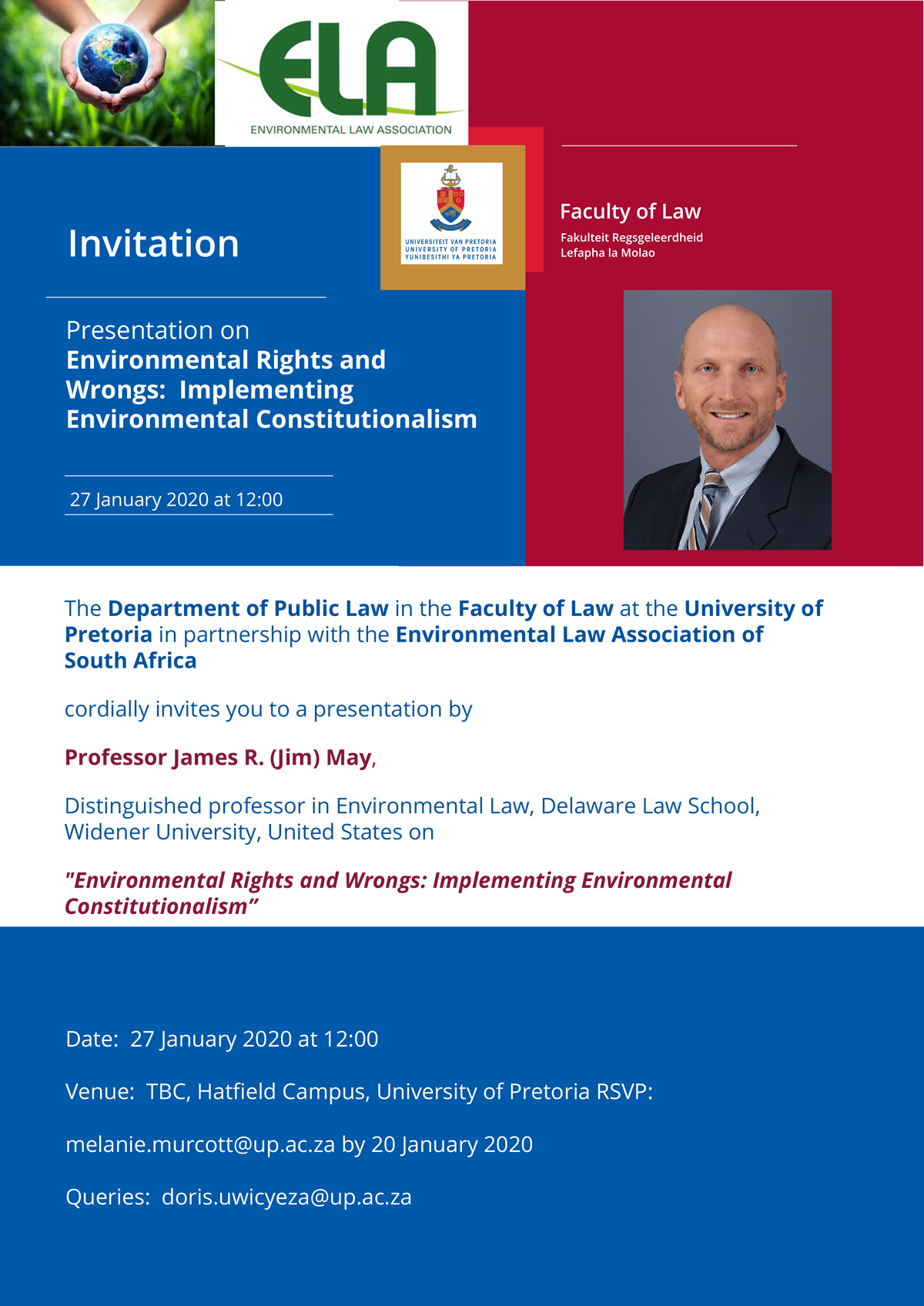On 27 January 2020 Dr Melanie Murcott of the Department of Public Law at the University of Pretoria and ELA Executive Committee member, in partnership with the Environmental Law Association of South Africa, hosted a public guest lecture by Professor James R. May (distinguished professor in Environmental Law, Delaware Law School, Widener University, US) titled “Environmental Rights and Wrongs: Implementing Environmental Constitutionalism”.
ABSTRACT: “Environmental Rights and Wrongs: Implementing Environmental Constitutionalism”
The notion that every human being has a right to a clean, healthy and sustainable environment has caught the imagination of people across religions, cultures, constitutions, countries and continents.
According to the UN Environment Programme, about 150 countries have environmental provisions in their constitutions, including approximately 88 that recognize an express constitutional right to a healthy environment. At least another dozen recognize a right to a healthy environment as implied by other rights, such as a right to life or dignity.
Approximately 130 nations are subject to regional agreements that recognize a right to a healthy environment. There are also multifaceted efforts at international, regional, national and local levels interrogating and explicating how people have fundamental rights to healthy surroundings, including the UN Environment’s Environmental Rights Initiative, the appointment of a Special Rapporteur on the Right to a Healthy Environment, and various proposals for international recognition of a such rights. Moreover, courts around the world are engaging environmental rights claims more frequently.
Yet, there is little evidence as to how, where and why environmental rights have improved outcomes for human beings or nature.
The presentation elucidated the reasons for this, including the inherent and institutional challenges of implementing environmental rights. It offered solutions aimed at promoting peaceful and inclusive societies for sustainable development, providing access to justice for all and building effective, accountable and inclusive institutions, as envisaged by Sustainable Development Goal 16.



